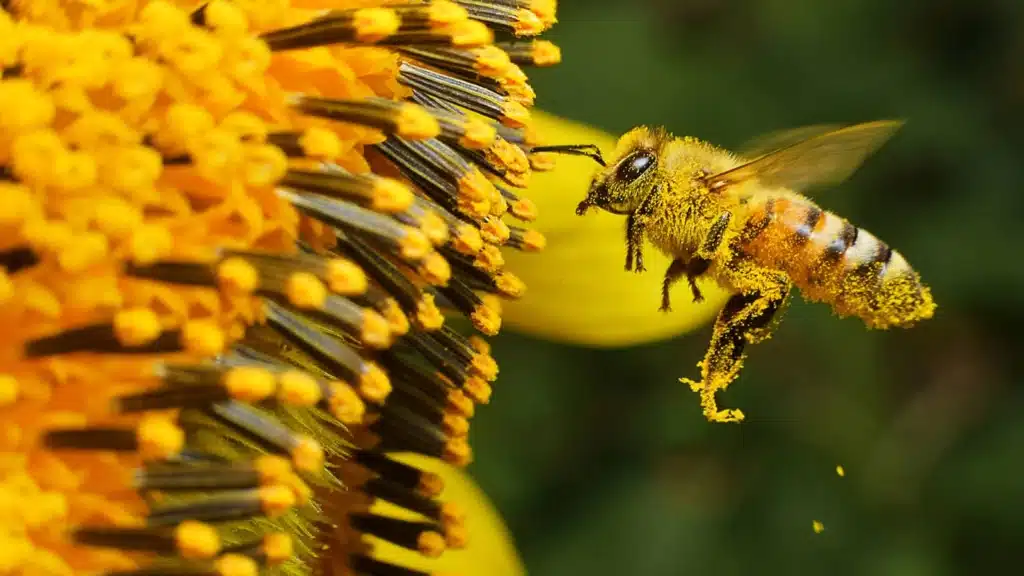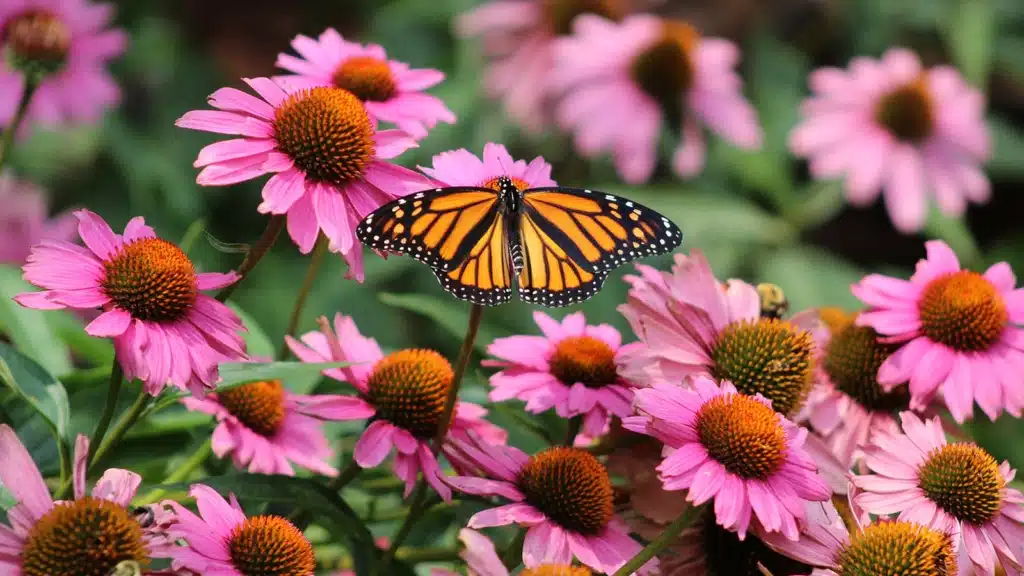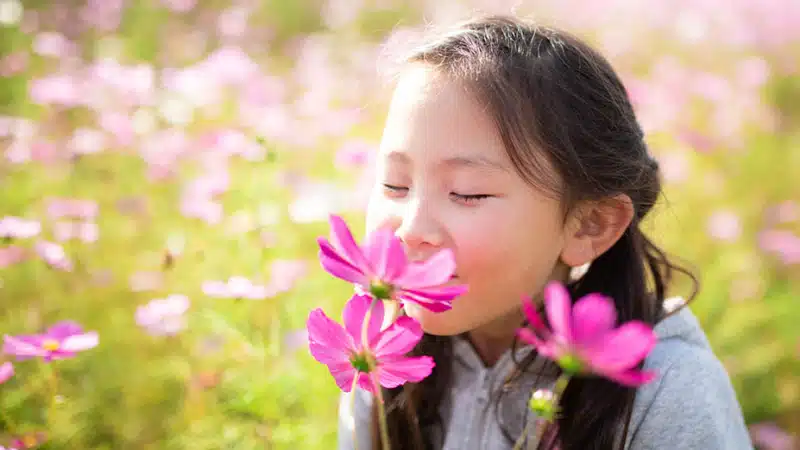This article originally published on ABC 3340.
March 8, 2023
Pollen is everywhere and so are the allergy symptoms that come along with it. Local doctors said there has already been an increase in allergy-related calls, which is routine for Spring allergies but is somewhat earlier than normal.
“We’ve had such a milder winter and the season just arrived sooner than we are normally used to,” said Dr. Reena Patel, a physician at AllerVie Health. “Springtime is our tree allergens and summertime are the grass allergens, That’s what we are seeing are people that are tree pollen allergic.”
Many are experiencing symptoms common to allergies like congestion, drainage, soar throats, itchy eyes, and coughing.

“Some people notice about this time of year their allergies are really bad. We have others who have been dealing with this since the fall and it just never went away,” said Dr. Colleen Donohue, a primary care physician at Ascension St. Vincent’s. “We have some people who have never experienced allergies before and with this year being so unseasonably early, they are developing allergies and they don’t even know it.”
People with asthma may also start feeling the impact of the pollen.
Donohue said she hears several misconceptions during allergy season.
“We have patients who are maybe new to us or some who have been seeing me for a long time that will say things like, ‘well my mucus is green so I know its an infection.’ Well, that’s actually not true. Color doesn’t mean a lot. Sometimes it does. Sometimes it doesn’t. In rare cases, if it’s yellow or green, does it mean automatically infection. It’s usually from the pollen. Your body is kind of that filter. It’s going to change colors when it’s filtering things,” said Donohue.
She encouraged people to try plain allergy medication, nose sprays, and humidifiers before assuming an antibiotic is needed. Using antibiotics when they aren’t needed could impact how they work when they are.
“Antibiotics need to be used at the right time and the right place. That’s kind of a big deal. If we use it too soon it’s not going to do what it’s meant to be used for. Then your body could develop a resistance so when you do actually get very sick and we give you that antibiotic, your body goes ‘well it didn’t really help me out last time or I know what this is and it doesn’t work.’ It’s just not as effective. So, we really need to use it when it’s needed not as jumping the gun and using it as the first thing,” said Donohue.
Another misconception is people with other medications can’t take allergy medicine.
“‘I have other medical issues so I can’t take anything.’ That’s not true. Pharmacists are great guides on those things. Your primary care is always going to be able to tell what you can and can’t take as well,” said Donohue.

Any medication, nasal sprays, or devices, like a humidifier or neti pot, should be used according to instructions. Donohue reiterated the importance of talking to your primary physician if you have questions or need guidance.
Dr. Karen Landers, Chief Medical Officer Alabama Department of Public Health explained taking showers and washing clothes after being outside and keeping windows and doors shut can limit reactions.
“Either use a ceiling fan or air conditioning at that time. Again, because those allergens can come into your house,” said Landers.
Patel added people could install HEPA filters, but encouraged people to talk to their allergist before buying anything too costly.
“I would see your doctor first and they can help you if you figure out if you are in fact allergic to mold, or trees or grasses, or any of those things,” said Patel.
People can go through allergy testing to see exactly what pollen they are allergic to. Patel explained that could be done through skin testing or even blood testing. Landers added people should make sure their allergy symptoms aren’t COVID-19 related.
“If people have symptoms of runny nose, sneezing, coughing, then please make sure if you have fever or other constitutional symptoms, that you don’t have COVID or some other viral respiratory illness,” said Landers.
Get Help Managing Your Allergies
If you are suffering from the symptoms stated above, you know how frustrating it can be to feel like you can’t live your life as usual. Our specialists will work with you to get an accurate diagnosis and unique treatment targeted to your specific allergens.
Make an Appointment

